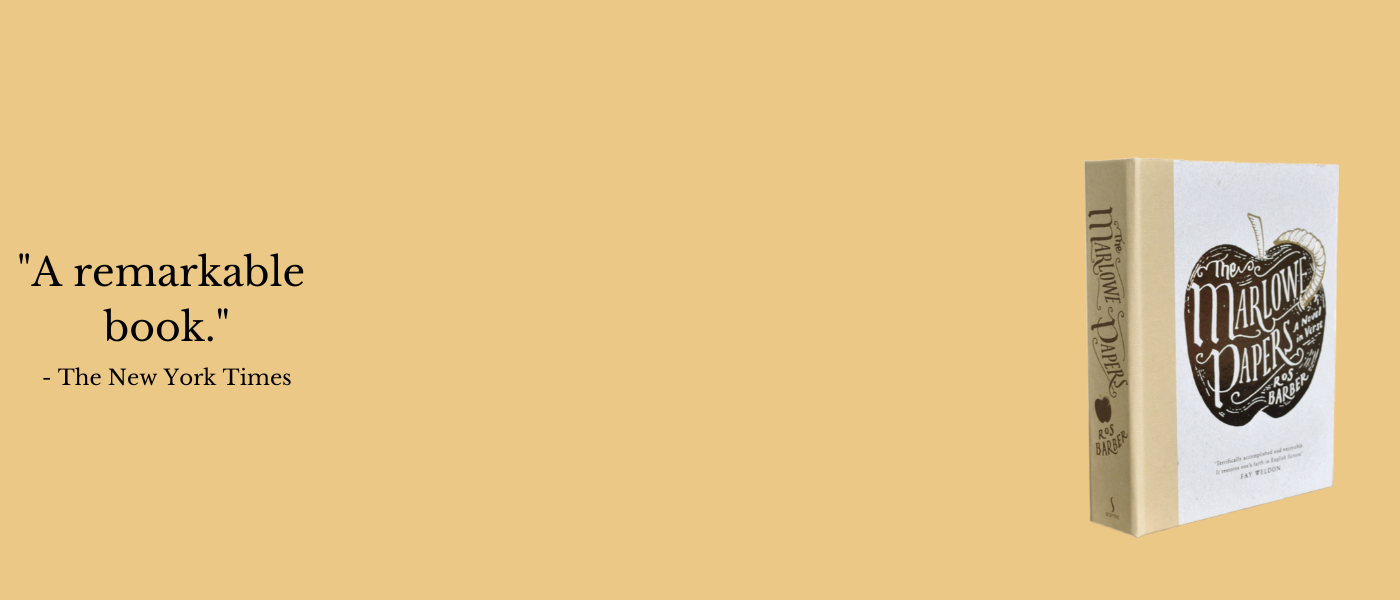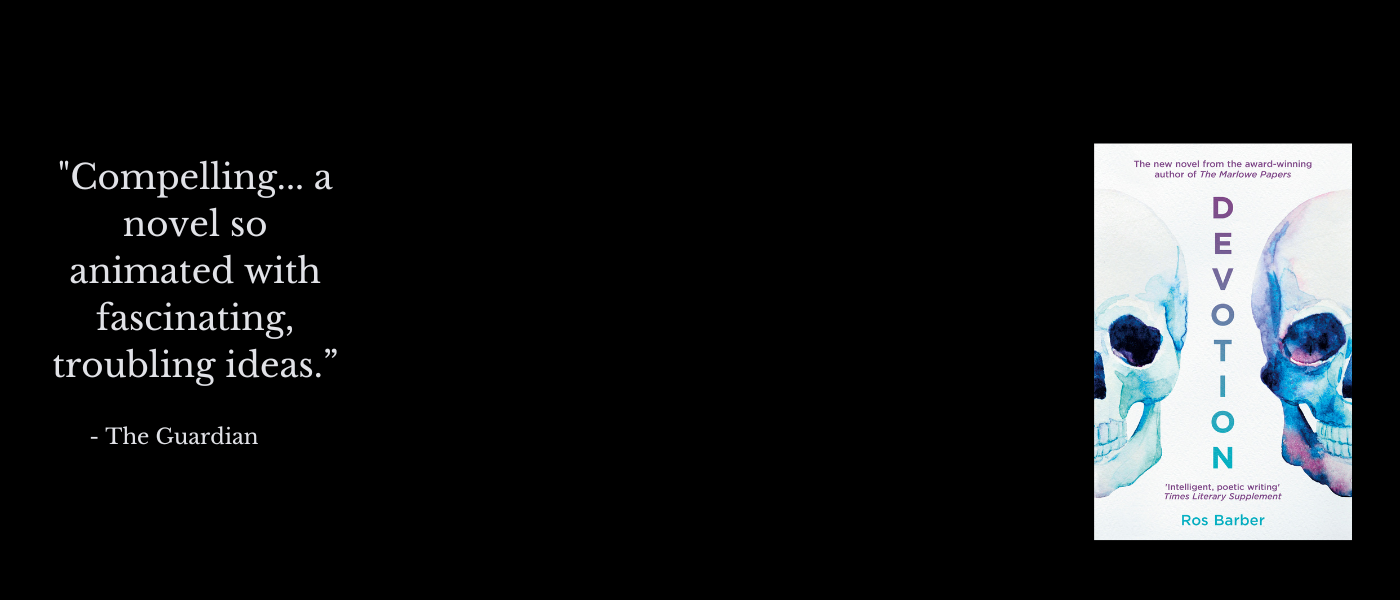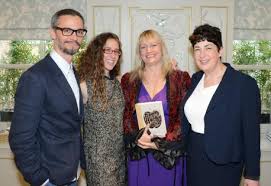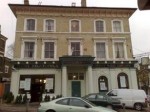

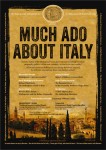 The Shakespearean Authorship Trust’s annual conference is a one day event aimed at a general audience. Just as last year, this year’s event at Shakespeare’s Globe Theatre in London was a sell-out. Although many of the attendees are involved in researching the authorship question there are also those who are simply lovers of Shakespeare who come out of curiosity. The SAT supports no individual candidate to the authorship and all are welcome, including those who favour William Shakespeare of Stratford as chief author. A friendly, collegial atmosphere is encouraged.
The Shakespearean Authorship Trust’s annual conference is a one day event aimed at a general audience. Just as last year, this year’s event at Shakespeare’s Globe Theatre in London was a sell-out. Although many of the attendees are involved in researching the authorship question there are also those who are simply lovers of Shakespeare who come out of curiosity. The SAT supports no individual candidate to the authorship and all are welcome, including those who favour William Shakespeare of Stratford as chief author. A friendly, collegial atmosphere is encouraged.
It was, therefore, slightly ‘off-message’ to open with an entertaining but combative presentation from Alexander Waugh,[1] whose article in the Spectator has recently inflamed such ire. An attendee who declared himself a ‘sceptical Stratfordian’ later said he had attended the SAT conference several times and it was the first time he had felt unwelcome; this was regrettable. Despite the tone of Alexander’s talk, which will do nothing to soften the general air of mudslinging that unfortunately surrounds this topic, he raised some excellent points about the sloppiness of Stratfordian scholarship on the subject of Shakespeare and Italy. Based on his chapter in Shakespeare Beyond Doubt?, it was a challenging beginning to one of the strongest conferences for years.
Following Alexander Waugh, Hank Whittemore gave a talk on the work of the late Richard Paul Roe, whose landmark book The Shakespeare Guide To Italy was the inspiration behind the theme of the 2013 conference. A full transcript of Hank’s talk can be found, in three parts, on his blog. Roe’s work has been an inspiration to all lovers of Shakespeare who have read it, and non-Stratfordians in particular, as it puts paid to the numerous orthodox assertions that insist Shakespeare was utterly ignorant on the subject of Italy. Hank knew Dick Roe personally, and accompanied his talk with numerous photographs both of the man and of his Italian research trips, some kindly provided by Roe’s daughter Hilary.
Next, Kevin Gilvary shed light on the relationship between various Shakespeare works and four categories of literary works: Roman comedy, Italian novellas, Commedia Erudita and Commedia dell Arte. Details included how the much cited ‘sailmaker from Bergamo’ in Taming of the Shrew is not only an accurate topographical reference but a literary one: traditionally the servant in Italian comedies comes from Bergamo. Most significantly, he identified for the first time Italian literary sources for The Tempest, always considered Shakespeare’s chief ‘sourceless’ play. All three of the morning’s talks were filmed and will be available for viewing on the Shakespearean Authorship Trust’s website.
After lunch, we were treated to talk on Italian costumes and fashion from costume and stage designer Jenny Tiramani. She focused on the (relatively few) references to Italian and French dress in Shakespeare’s works, and on the challenges and choices that must be faced in designing costumes for his Italian plays.
Julia Cleave of the Shakespearean Authorship Trust then presented the work of the late Roger Prior on the Bassano Fresco, and its relationship to Othello. Prior’s work was published in 2008 in an extremely obscure (and hard to source) Italian journal, but it provides compelling evidence that the author of Othello visited Bassano, and indeed, sourced the protagonist’s name from the town, whose main square contained two apothecary shops, one owned by a man called ‘Otello’ and one, operating under the sign of a Moor’s head, known as ‘The Moor’. Like Jenny Tiramani’s presentation, this presentation wasn’t filmed due to copyrighted images, but an article on the Bassano Fresco which contains much of the information in Julia’s presentation can be found here.
My own presentation, ‘A New Approach to the Authorship Question’ was a plea to end the name-calling and antagonism that bedevils the authorship debate and approach it calmly and rationally on the evidence alone. Stratfordians are no more liars and fools (as I have seen them called on internet forums) than non-Stratfordians are snobs and conspiracy theorists: each side believes they are either defending, or seeking, The Truth. This led into an introduction to Shakespeare: The Evidence, a new authorship question resource which is sponsored by the SAT. A technical glitch means a film of this presentation is not available, but details of the project are here.
After tea and the traditional SAT cake, we had brief (5 minute) presentations on the Italian connections of a number of key authorship candidates. This was followed by the Q&A/Forum which tackled a number of audience questions, including co-authorship and stylometry. A film of the Q&A is also available on the SAT website.
All in all, one of the most stimulating conferences yet, and a great tribute to the work of the late Richard Paul Roe and the late Professor Roger Prior . See some of the talks, and the Q&A, on the Shakesperean Authorship Trust’s website.
[1] Alexander Waugh is aligned with the US-based Shakespeare Authorship Coalition, who are decidedly anti-Stratfordian and combative in approach. The UK-based Shakespearean Authorship Trust, by contrast, is non-Stratfordian (as opposed to anti-) and welcomes Stratfordians too, being inclusive of all authorship candidates (including the man generally attributed with the works).
 The last few night I’ve slept badly; blessed with a nuisance daughter, a nuisance cat, and a time-pressured commission that keeps me gnawing at it in my head when I should be sleeping. At 3am I found myself on Twitter – and there was the kicker. The news that Robin Williams has killed himself. For the second time in a week I find myself crying because a brilliant, funny, and much-loved man who brought light and joy into the world has killed himself after losing a battle with depression.
The last few night I’ve slept badly; blessed with a nuisance daughter, a nuisance cat, and a time-pressured commission that keeps me gnawing at it in my head when I should be sleeping. At 3am I found myself on Twitter – and there was the kicker. The news that Robin Williams has killed himself. For the second time in a week I find myself crying because a brilliant, funny, and much-loved man who brought light and joy into the world has killed himself after losing a battle with depression.